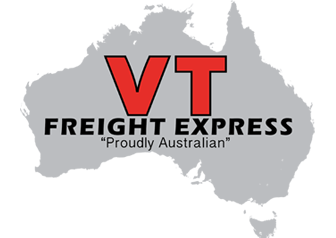Labour Hire Casual Staffing
Your Trusted Partner in Casual Staffing

Overview
Casual Staffing Expertise
Contract Recruitment Solutions
- Industry Expertise
- Digital Platform
- 80%+ Rollover
Companies that trust us





Why Use Labour Hire
Why
Host Employer Obligations
Host
How it Works
How

Client Consultation
The recruitment company initiates the process by conducting a detailed consultation with the customer. This involves understanding the customer’s specific workforce needs, job requirements, desired qualifications, and any other relevant details.
Job Advertisement and Sourcing
Based on the client’s requirements, the recruitment company will create a job advertisement and use various sourcing methods to attract suitable candidates. This may include posting the job on job boards, leveraging their existing candidate database, using professional networks, or utilizing social media platforms.
Candidate Screening and Evaluation
The recruitment company reviews the received applications and conducts initial screenings of potential candidates. This can involve resume reviews, phone interviews, and assessments to assess their qualifications, skills, and fit for the job. The most promising candidates are shortlisted for further evaluation.
Interviews and Selection
Shortlisted candidates are typically invited for in-person or virtual interviews. The recruitment company assesses their experience, technical competencies, cultural fit, and other relevant factors to determine the best fit for the customer’s requirements. The top candidates are presented to the customer for their consideration.
Reference and Background Checks
Once the customer identifies a preferred candidate, the recruitment company performs reference checks to validate the candidate’s qualifications, work history, and character. Background checks, such as criminal record checks or verification of education and certifications, may also be conducted as required.
Job Offer and Negotiation
If the customer decides to hire a candidate, the recruitment company assists in extending a job offer on behalf of the customer. They may facilitate negotiations related to compensation, benefits, start dates, and other terms to ensure a mutually acceptable agreement.
Onboarding and Follow-up
After a candidate accepts the job offer, the recruitment company assists with the onboarding process, including necessary paperwork, orientation, and introductions to the customer’s team. They may also conduct follow-up discussions with the candidate and customer to ensure a smooth transition and address any concerns or feedback.
What people say
Mark Freeman, Owner
David Sutherland, Operations Manager
Chris Harrison, Risk & OH&S Director
Ron Jarvis, Manufacturing Manager
I have been hiring employees from SMS personnel for the past 12 years first at ARB 4X4, and now as manufacturing Manager at Burn-Brite lights. Working with the team at SMS personnel has been great, the quality of people they send to us is terrific and in 99% of cases we will put them on as permanent. At ARB 4X4 most of their permanent personal have come from SMS personnel. I have always been happy to recommend SMS personnel to other companies and Managers I meet with, such as the Operations Manager at Jardan Furniture.